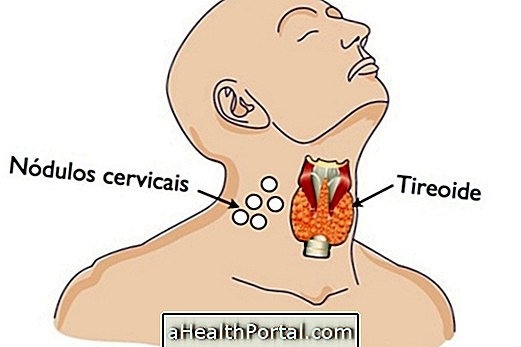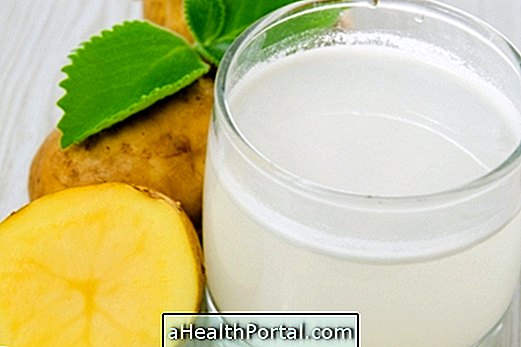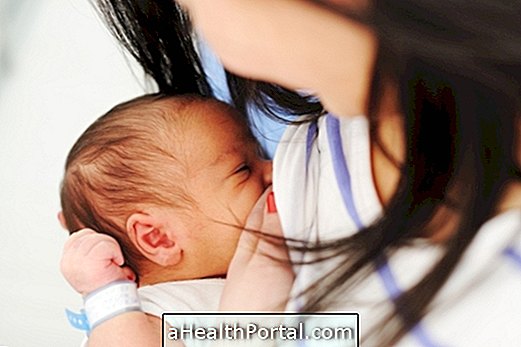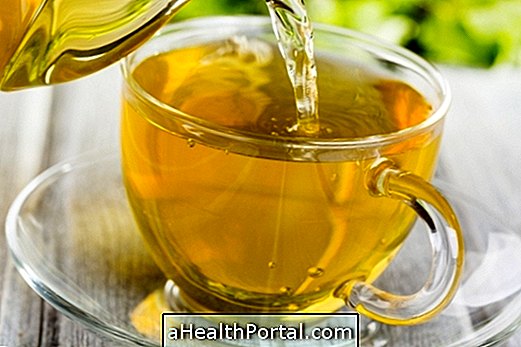Leptospirosis is an infectious disease caused by the bacteria Leptospira, which is transmitted to people through the urine and excrement of infected animals such as sewer rats, dogs and cats.
Bacteria usually enter the body through mucous membranes or sores on the skin after contact with contaminated water in floods, puddles or moist soil, and spreads through the bloodstream, causing symptoms such as fever, chills, red eyes, headache, and nausea
Although most cases cause mild symptoms, some people may develop with severe complications, such as bleeding, kidney failure or meningitis, for example, so when it is suspected, it is important to consult your doctor. The treatment for leptospirosis is made with medicines to relieve symptoms, such as analgesics and antipyretics, antibiotics such as Penicillin and Doxycycline, as well as hydration and rest.
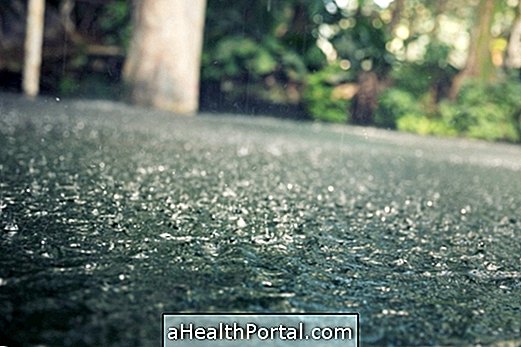
Main symptoms
Leptospirosis can manifest itself in different ways, ranging from people who do not have symptoms, people who have mild symptoms, to severe cases.
Early symptoms include:
- High fever that starts suddenly;
- Headache;
- Pain in the body, especially in the calf (leg potato), back and abdomen;
- Loss of appetite;
- Vomiting, diarrhea;
- Chills;
- Red eyes.
Signs of worsening, such as yellowing of the skin and eyes, as well as complications such as kidney failure, severe changes in blood circulation, bleeding, meningitis, breathing difficulties, and liver failure may occur within 3 to 7 days after onset of symptoms.
To diagnose leptospirosis, the doctor will evaluate the symptoms, the physical examination and request tests to assess the blood count, kidney function, liver and coagulation capacity. However confirmation is made with the detection of the bacteria in blood samples, dosage of antibodies or identification of the DNA, for example.
How to handle
Transmission of leptospirosis does not happen from one person to another, and for contagion by disease, contact with urine or other excrement of contaminated animals such as rats, dogs, cats, pigs and cattle is required.
Leptospira usually penetrates through mucous membranes, such as eyes and mouth, or wounds and scrapes on the skin, and then spreads into the bloodstream and reaches the organs of the body. The existence of situations such as floods, floods, puddles or contact with moist soil, garbage and plantations can facilitate contact with the urine of animals and facilitate the infection. Also know about other diseases transmitted by rain.
What to do to prevent
To protect and prevent this disease, contact with contaminated water, such as floods, mud, rivers with standing water and swimming pool not treated with chlorine should be avoided. When it is necessary to face a flood it may be useful to use rubber boots to keep skin dry and properly protected from contaminated water, therefore:
- Wash and disinfect with bleach or chlorine the floor, furniture, water box and anything that has come in contact with the flood;
- Throw away any food that has come in contact with contaminated water;
- Boil the water for consumption and for the preparation of food and put 2 drops of bleach in each liter of water;
- Try to eliminate all accumulation points of water after the floods because of the multiplication of the dengue mosquito or malaria;
- Try not to let garbage accumulate at home and place it in closed sacks and away from the ground to prevent the proliferation of mice.
Other measures that help prevent this disease are to always wear rubber gloves, especially when rubbing the garbage or perform cleaning in places that may have rats or other rodents and wash the food thoroughly before consuming it with drinking water and also the hands before eat.
In addition, in some cases antibiotics may also be indicated to prevent infection, which is called chemoprophylaxis. Usually, the antibiotic Doxycycline is targeted, being indicated for people who have been exposed to floods or sewage cleanings, or even for people who will still be exposed to dangerous situations, such as for military exercises or water sports, for example.
How is the treatment done?
In most cases, treatment can be done at home with the use of medication to relieve symptoms, such as Paracetamol, in addition to hydration and rest. Antibiotics such as Doxycycline or Penicillin may be recommended by your doctor, although their benefit is greatest in the first 5 days of the disease. Learn more about treatment for Leptospirosis.

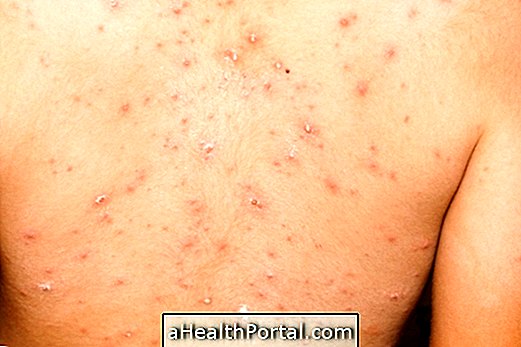
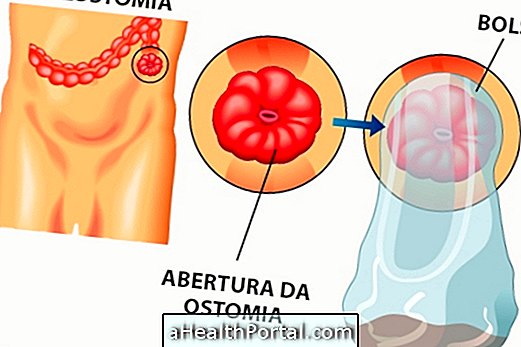

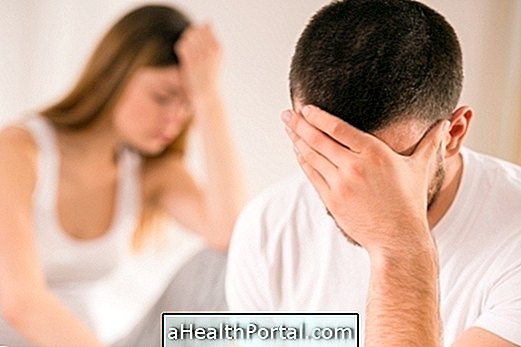
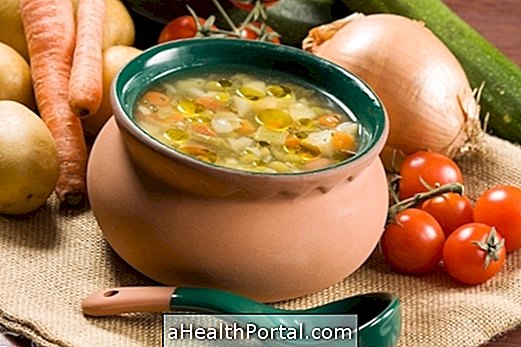



-o-que--e-para-que-serve.jpg)

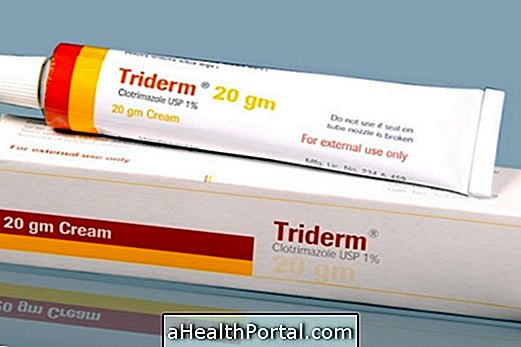


-causas-e-como-tratar.jpg)
